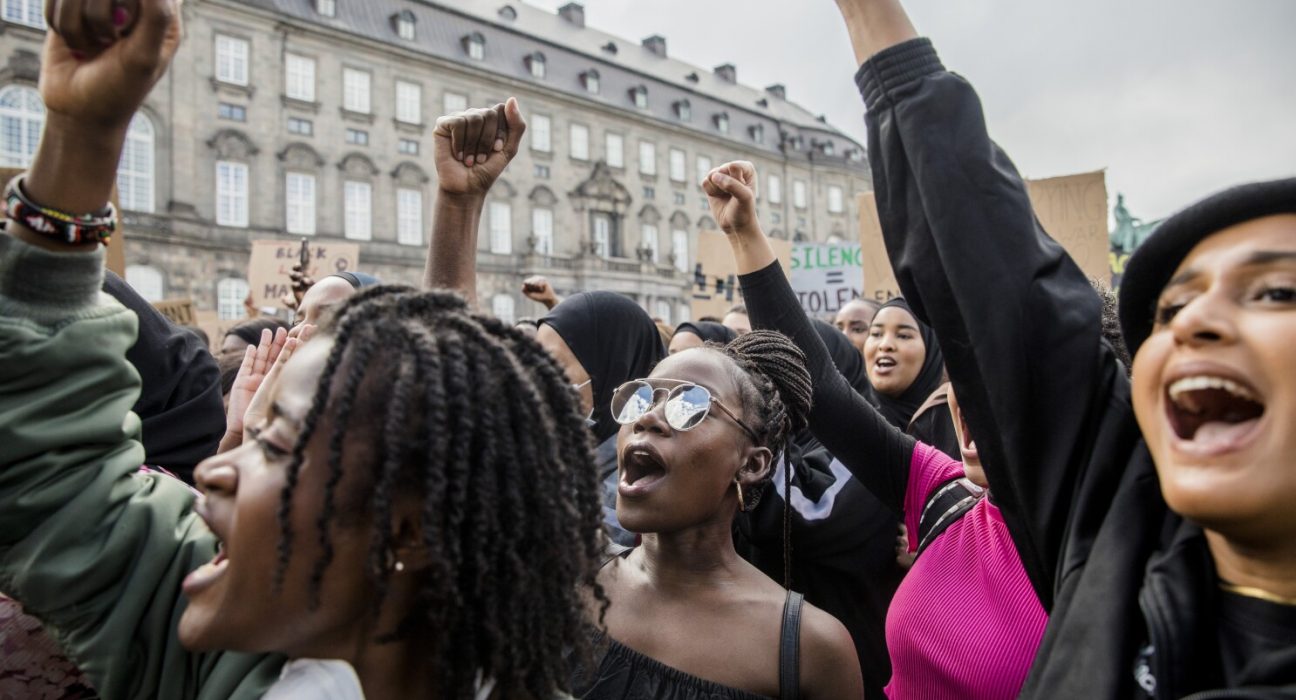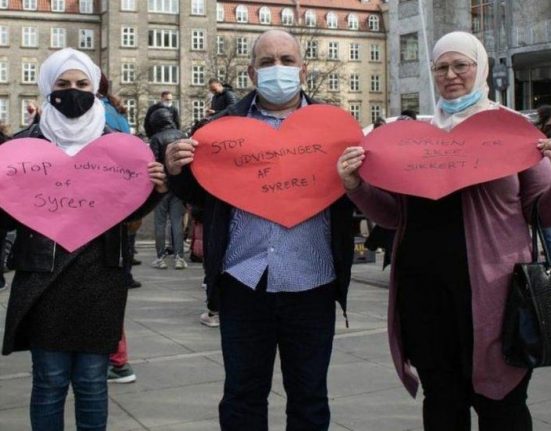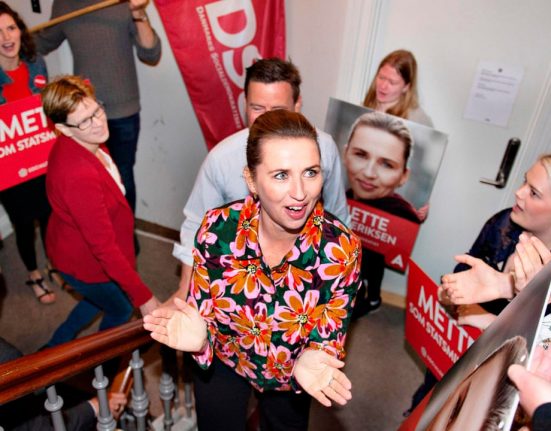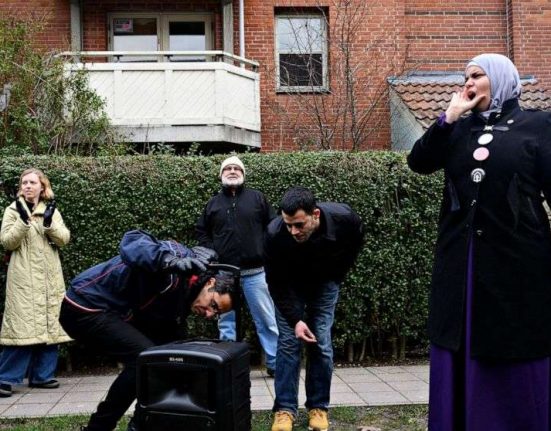The majority of Danes are unaware of how widespread negative bias towards immigrants has grown in Denmark. Here’s a quick rundown. Denmark has just joined the United Nations Human Rights Council.
Their civilization is renowned as a place where individual liberty and equality are strongly valued. Unjust conduct and discrimination are not tolerated by a functional democracy and a reliable judicial system.
Sadly, this is not the case. The UN Human Rights Committees are receiving increasing complaints about Denmark, and several of them vote against the Danish government. Furthermore, the European Court of Human Rights in Strasbourg has declared Danish legislation in violation of the articles on multiple occasions, most recently the special 26-year rule in family reunion cases.
In the preparatory papers for some of the new legislation, it has been explicitly stated that they are mindful of the potential of breaching human rights. They are enthusiastic about the right to discriminate, particularly against foreigners who live in Denmark.
Below are the two articles:
Article 1:
Every human being is born independent and with the same rights and respect. They are gifted with reasoning and awareness and should behave in a friendly manner.
Article 2:
Everybody can have all the freedoms and rights outlined in this Declaration, regardless of race, colour, gender, nationality, faith, politics or other beliefs, regional or cultural origins, wealth, birth, or different position.
According to the United Nations Convention on Refugees, refugees must have the same rights and privileges as residents of the nation. Discrimination based on gender, race, faith, ageing, or other factors is prohibited by the European Convention on Human Rights.
Kids should be safeguarded against harassment, according to the United Nations Convention on the Rights of the Child. Women shall not be harassed against, according to the UN Convention on Women’s Rights.
Legislation that discriminates against refugees and immigrants:
Since 2001, the Danish Alien Act has been changed and tightened in minor and significant measures. The outcome is a tapestry of laws that make Aisha and Anja’s daily lives fundamentally different. Yes, some Danes get the lower integration benefits, but they barely account for 2% of the total.
Two Danes are free to marry and live together. A government report found that refugees and reunified families are usually entitled to free schooling.
However, roughly 4,000 migrants who were given protection in Denmark after 2015 must contribute to their schooling. Children’s benefits are not available to newly arriving refugees and immigrants. Over six years, they acquire the privilege, even though their children are priced just like Danish children.
Far more immigrant children than Danish kids grow up in extreme poverty in terms of percentages. Kids and teens who grew up in Denmark have only temporary residence permits and a foreigner’s passport.
Several refugees believe that they are thankful for it. However, they want to work extremely hard, and they never believe that they will get a reasonable shot. It will not be enough whatever they do, and they will always be considered worse than Danes.





